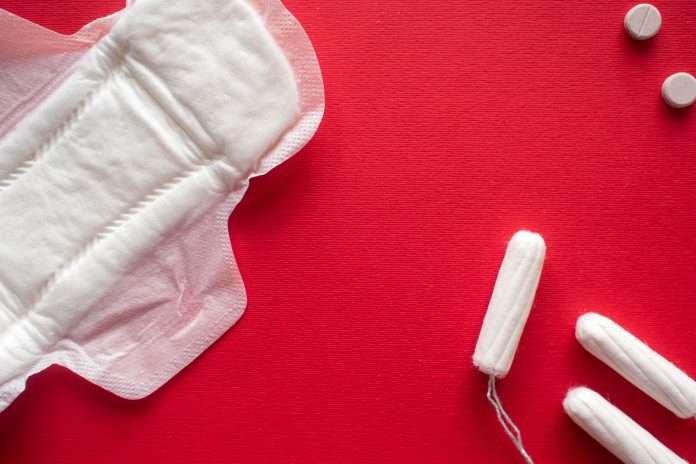Prime Minister Jacinda Ardern is going to implement a new policy – students will receive free menstrual products from June, at every level of schooling
More than 800 million people menstruate daily, across the world. Period poverty is part of the human right to clean water and sanitation, but it persists across the globe – even in the world’s richest countries.
What is period poverty?
The Royal College of Nursing defines period poverty simply as the financial limits that prevent a person from buying menstruation products. Period poverty can further be explained as the lack of access to sanitary products, menstrual hygiene education, toilets, hand washing facilities, and, or, waste management.
Children who are menstruating and can’t afford to change their products end up staying at home and missing out on their education. Often, depending on the cultural context, people who are menstruating can be isolated and stigmatised during their cycle. This experience of poverty is often overlapping with other forms of deprivation, such as food insecurity.
Since the roots that let period poverty continue are often taboo to discuss, this creates a cloak of secrecy that allows the cycle of period poverty to continue.
Dr Shirin Lakhani, intimate health specialist, explains: “These stigmas start at an early age and often subconsciously when we see our mother’s hiding their box of sanitary products in the bathroom, at school when girls are taught about periods but boys aren’t, and as we go through life sneaking out with a tampon up our sleeve when we need to go to the loo to change it.”
‘Young people should not miss out on their education’
In a statement, the PM of New Zealand said: “Young people should not miss out on their education because of something that is a normal part of life for half the population.”
Associate Education Minister Jan Tinetti explained that a pilot initiative had been conducted for 3,200 students, to understand how this new policy could work. The Minister found that embarrassment, stigma, missing classes, being “caught out” without product, price of menstrual products, lack of knowledge and discomfort were recurring problems for students when it came to periods.
This programme will be open to all primary, intermediate, secondary and kura, or Maori-language immersion schools.
The Ministry of Education will work with suppliers to manage a phased roll out of the scheme, with period products available towards the end of Term 2 for schools and kura that opt-in by March of this year.
Those schools and kura that do not initially choose to take up the initiative will continue to be able to opt-in to the initiative at a later date.
The initial programme will begin in June, 2021.
Minister Tinetti further commented: “The free period products in school’s initiative is the latest in a series of Government programmes to reduce barriers to education for all students and their whānau. Others in the series include healthy free school lunches, the abolition of exam fees, and the replacement of school donations.”











